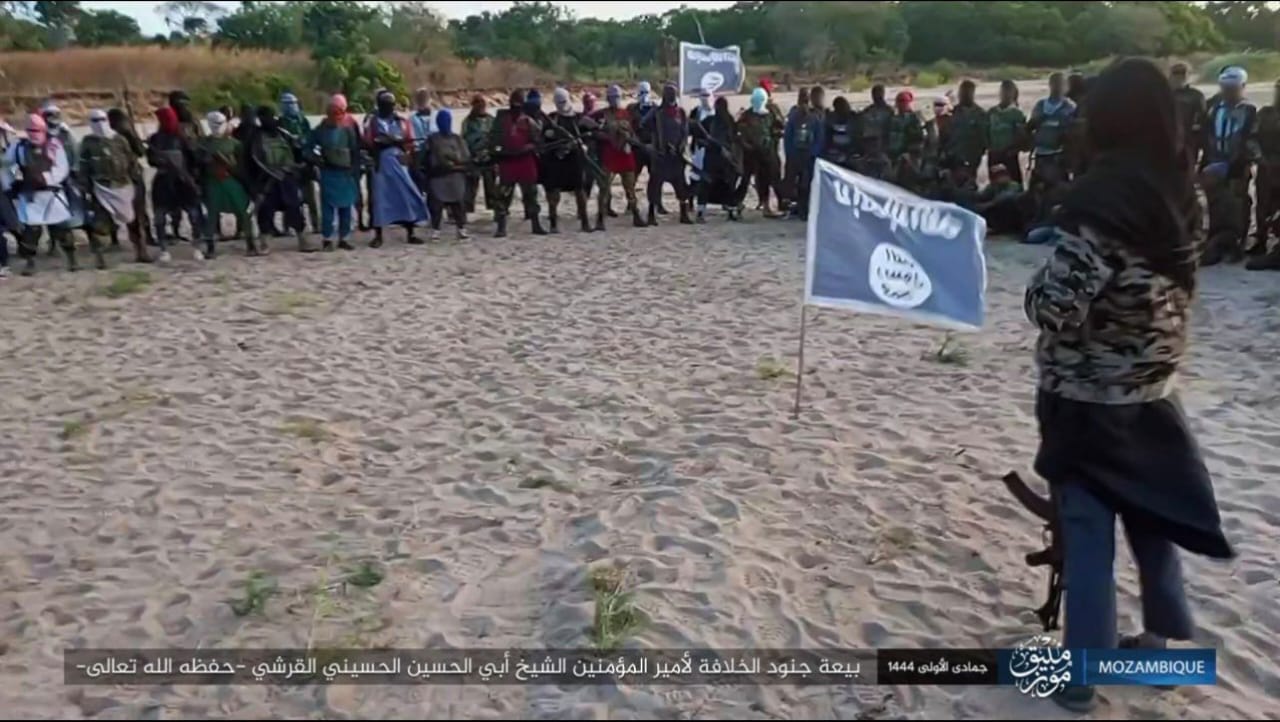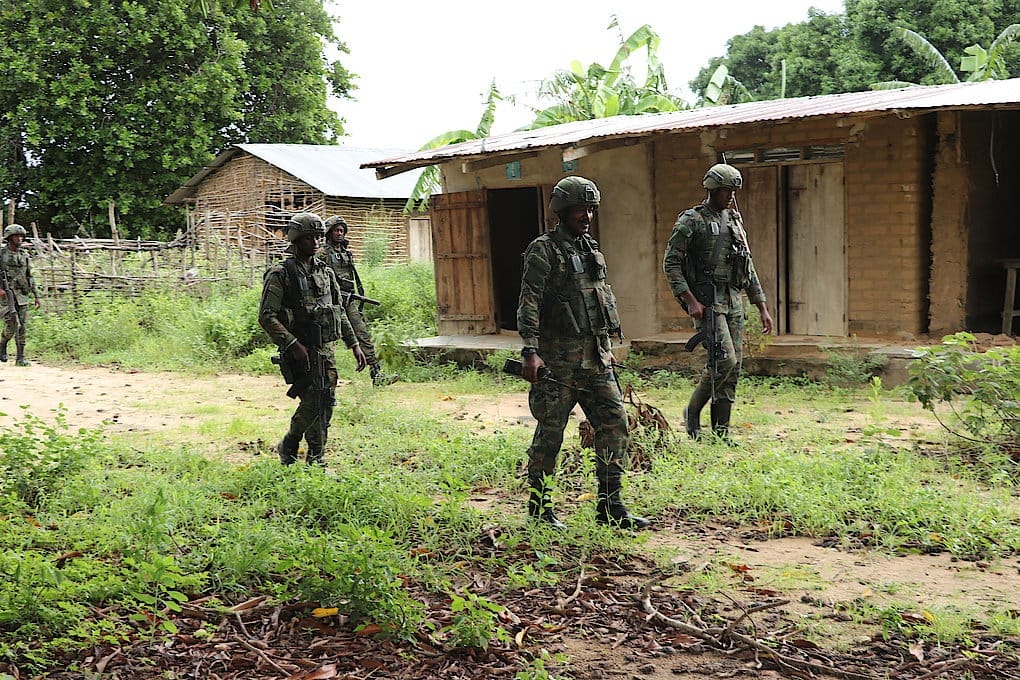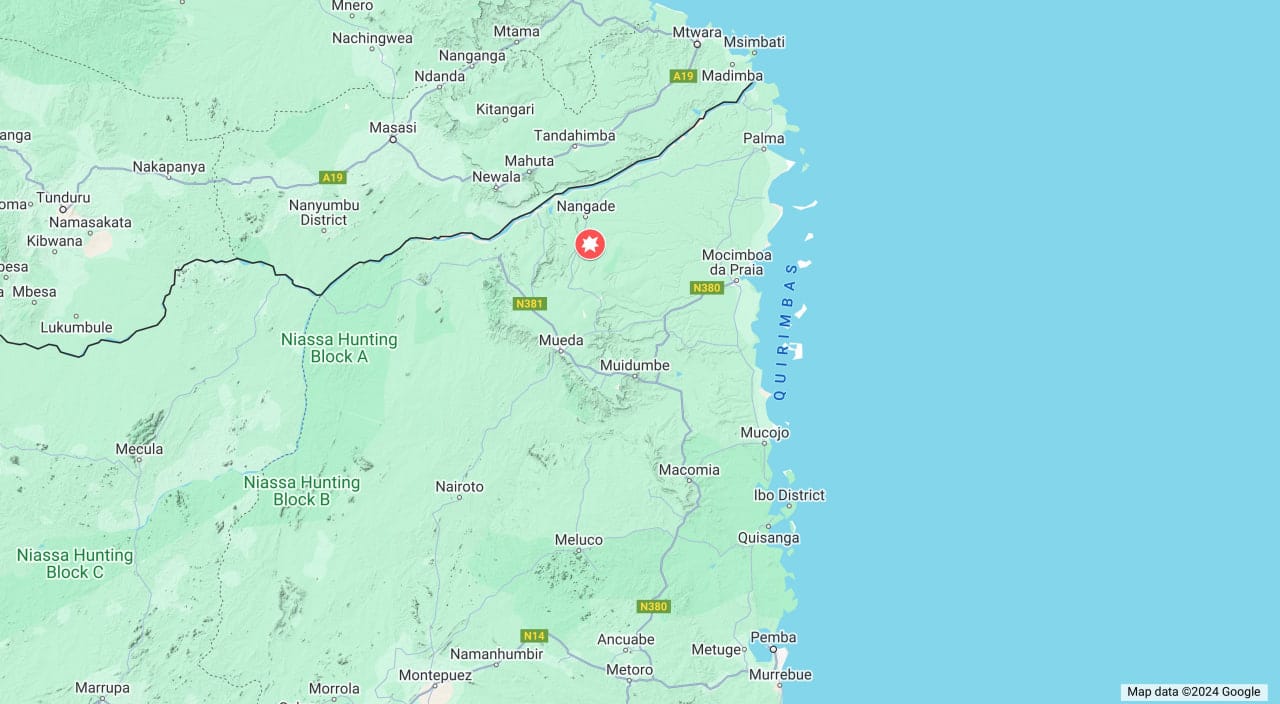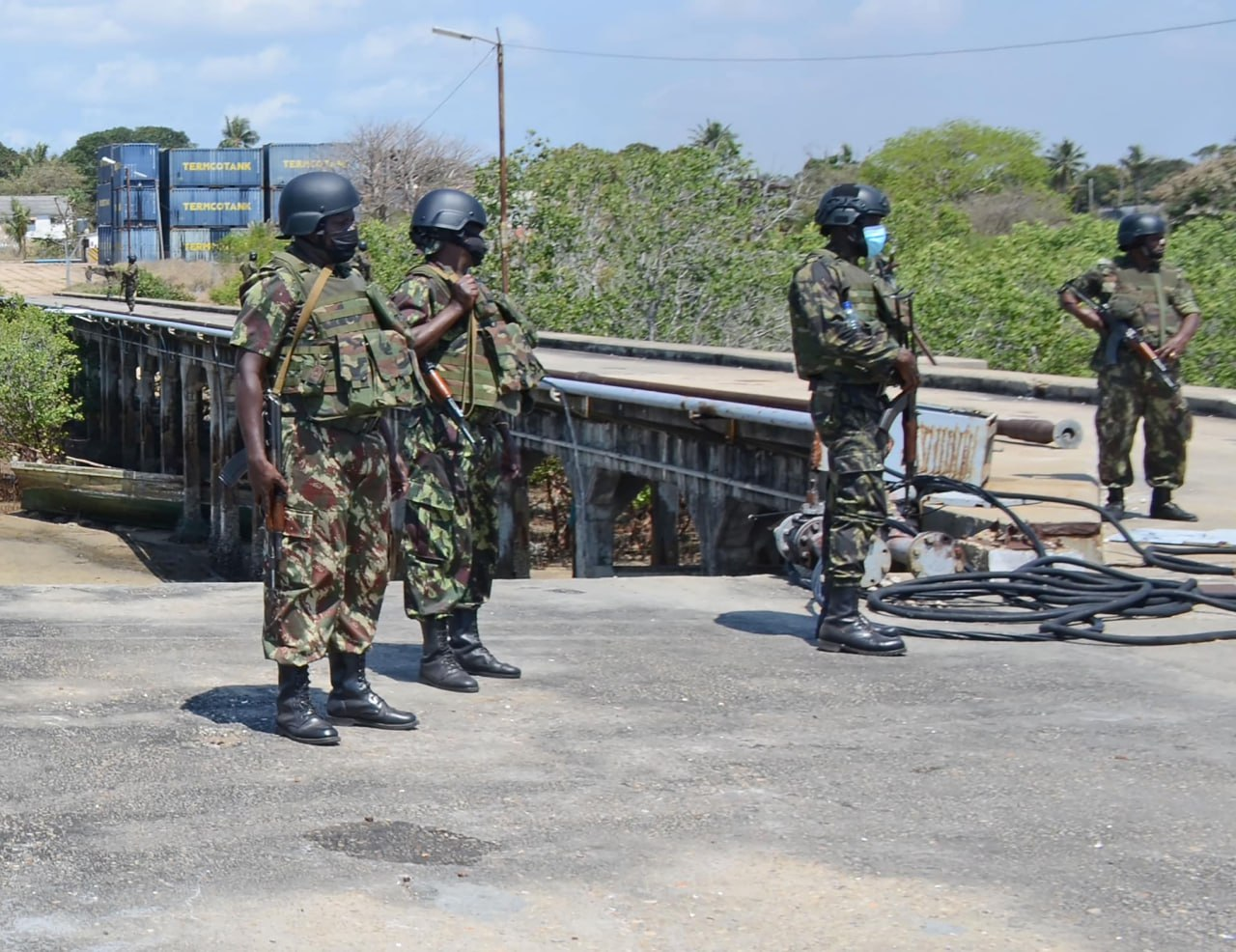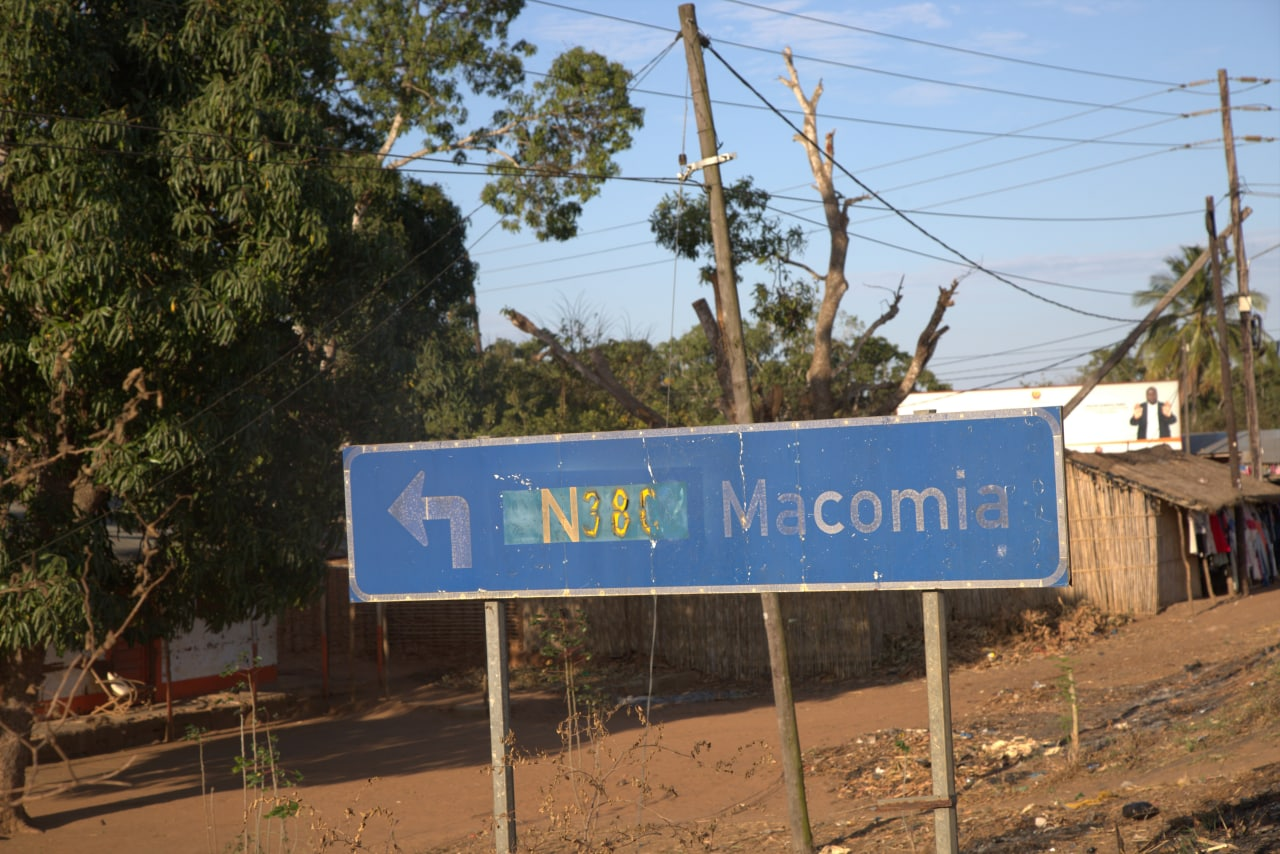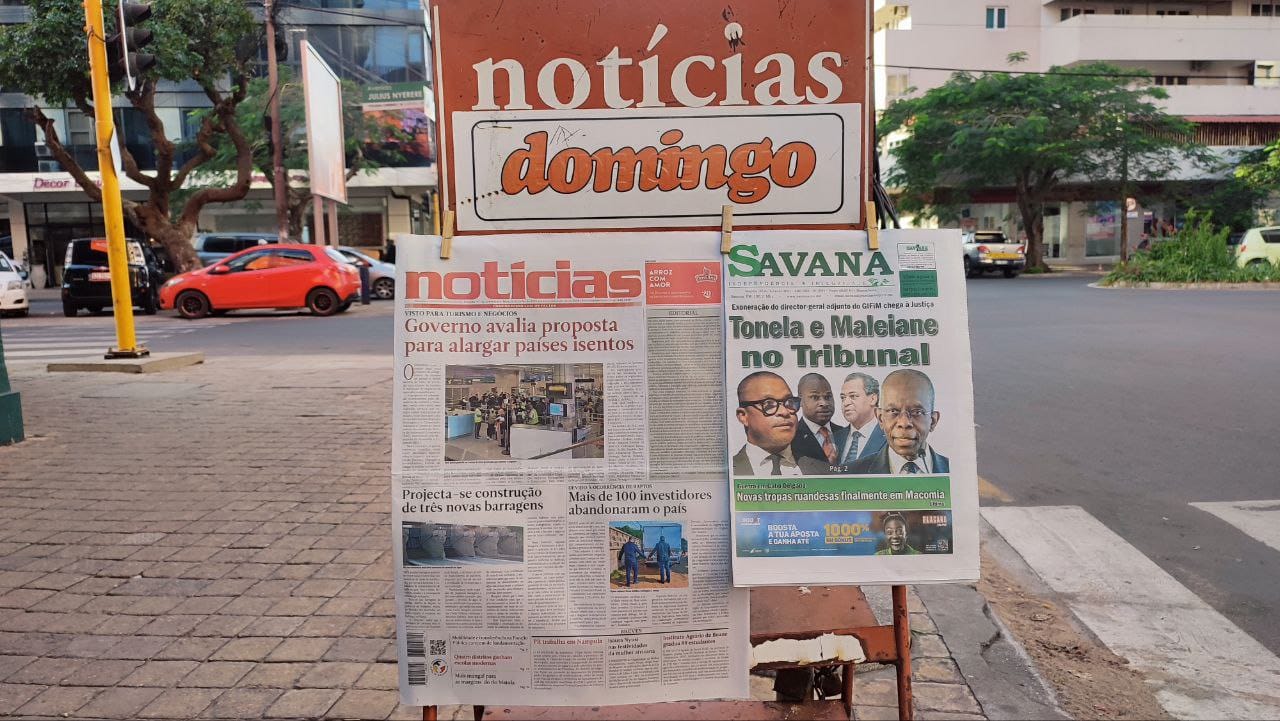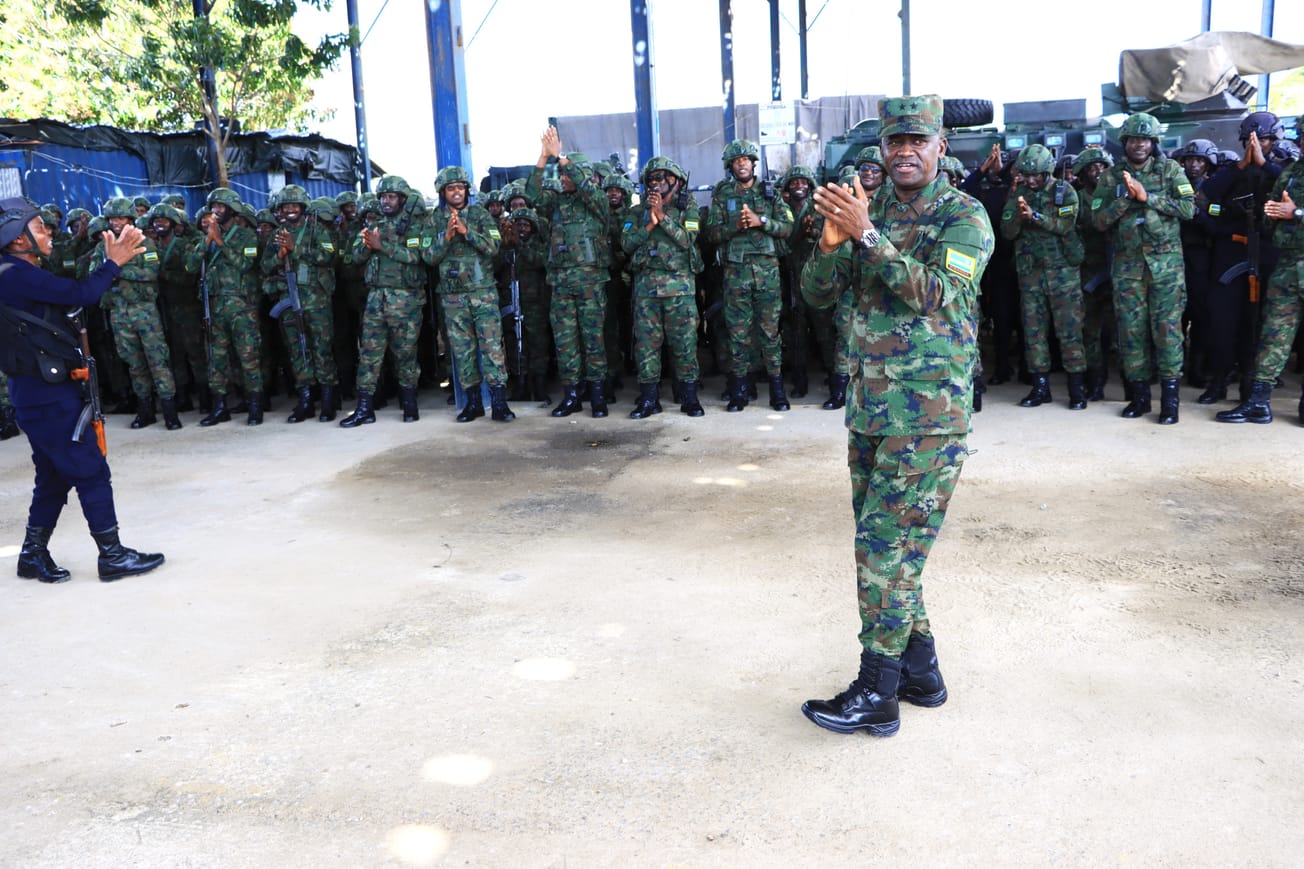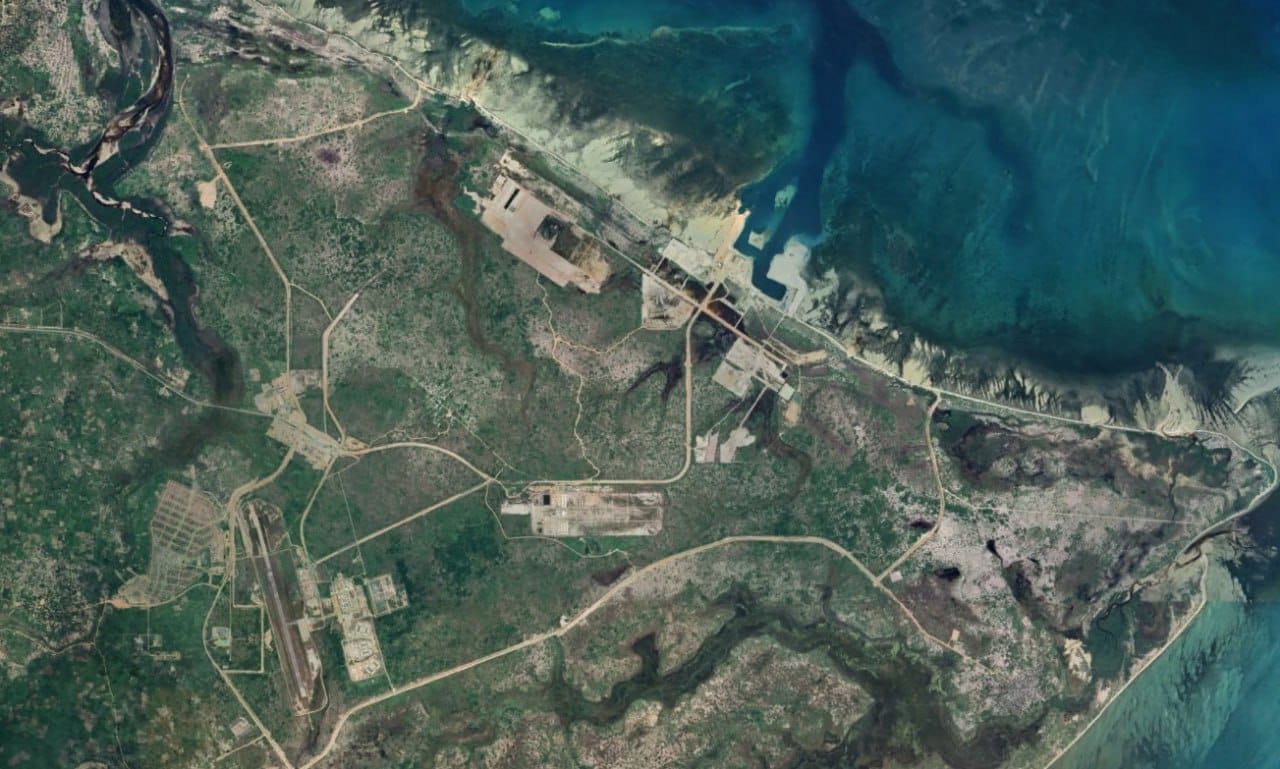From the Cabo Ligado Monthly report, published on https://www.caboligado.com/monthly-reports/cabo-ligado-monthly-march-2023
Following a surge of activity in January amid the Mozambique government’s Operation Vulcão IV offensive, incidents of insurgent violence in the last month have reduced to a trickle. Just 11 political violence events were recorded for March, compared to 19 for February. However, insurgents have not disappeared. In fact, along the coast of Macomia and Mocímboa da Praia, they are more visible than ever, but now they are usually found asserting their peacefulness as they approach villages, looking to trade.
This strategy of trying to win ‘hearts and minds’ is a new modus operandi for a militant group that has relentlessly targeted civilians, burning villages, beheading prisoners, and posting pictures of the gruesome results on social media for shock value. Nonetheless, this strategy appears to be deliberate and coordinated. The first example was reported on 25 January in Calugo village, Mocímboa da Praia district, where about 30 insurgents stayed for several hours, buying food and mobile phones while insisting there was no reason to fear them. This encounter set a precedent that would be repeated many times over the following weeks.
Initially, groups across Cabo Delgado adopted this strategy. At the Ravia gold mine in Meluco, insurgents arrived on 29 January and split the Christian and Muslim workers into separate groups before assuring them they just came to buy food and other supplies. In Nangade, another insurgent group of about 20 fighters appeared in Mbuyuni village on 1 February, separated the Muslims and Christians, and explained they were only there to trade.
In the last month, these incidents have been concentrated almost exclusively along the Macomia and Mocímboa da Praia coastline. Insurgent visits have become a regular fixture, particularly in the villages along the coast in Macomia and Mocímboa da Praia districts. This perhaps reflects the relocation of insurgent bases from the Messalo river basin to the Catupa forest in east Macomia, which followed the conclusion of Operation Vulcão IV in February.
Although these visits are ostensibly peaceful, the threat of violence is always implied. Offers to trade are usually prefaced with a warning not to alert the security forces that they were there. On other occasions, insurgents instruct locals to buy goods from the market on their behalf and pledge to kill them or their families if they inform the authorities.
Several factors may have influenced the insurgents’ strategic reasoning. First, it appears increasingly evident that the insurgency’s offensive capability has been significantly diminished since the intervention of the Rwanda Defence Force and the SAMIM in July 2021. The number of adult male insurgents active in the field has collapsed from an estimated 2,500-3,000 prior to the coalition’s arrival, to just 280 in February 2023, according to a United Nations Security Council report. Unable to hold territory or mount decisive operations, insurgent leaders may have concluded that their efforts are better spent trying to earn the cooperation of civilians with diplomacy, rather than brute force.
Feeding into this issue is the culmination of the ‘lean’ season just before the harvest begins in April when food is most scarce. Like any military force, the insurgency marches on its stomach, and its inability to resupply has hindered its expeditionary capability. Traditionally, insurgent groups have lived off the land by raiding fields and looting villages, but now so many farmers have been forced into displacement camps, those groups may have realized it is more sustainable to simply buy what they need to survive.
The recapture of insurgent strongholds such as Mocímboa da Praia and Mbau has also forced the insurgents into the bush, where they have focused their attacks largely on vulnerable, undefended villages. Consequently, approximately 285,000 people were displaced between September 2021 and November 2022, adding to the 745,000 who had already been displaced by the conflict since October 2017. Beyond the district headquarters, much of Cabo Delgado has been abandoned, especially in Nangade and Macomia, where the insurgents are most active. Terrorizing the population out of the province has undermined the insurgency’s own stated goal of establishing an Islamic state, and a move towards a ‘hearts and minds’ strategy may reflect a realization of this fact.
This theory is supported by an unconfirmed, but plausible report published by the Center for Investigative Journalism in Mozambique, which claimed that in the summer of 2022, Islamic State (IS) Mozambique leader Ibn Omar was instructed by senior IS members to stop killing so many civilians and start charging taxes. This would bring IS Mozambique policy into line with that of groups such as IS West Africa Province in Nigeria, which has made more concerted attempts to appeal to civilians as an alternative to the government.

